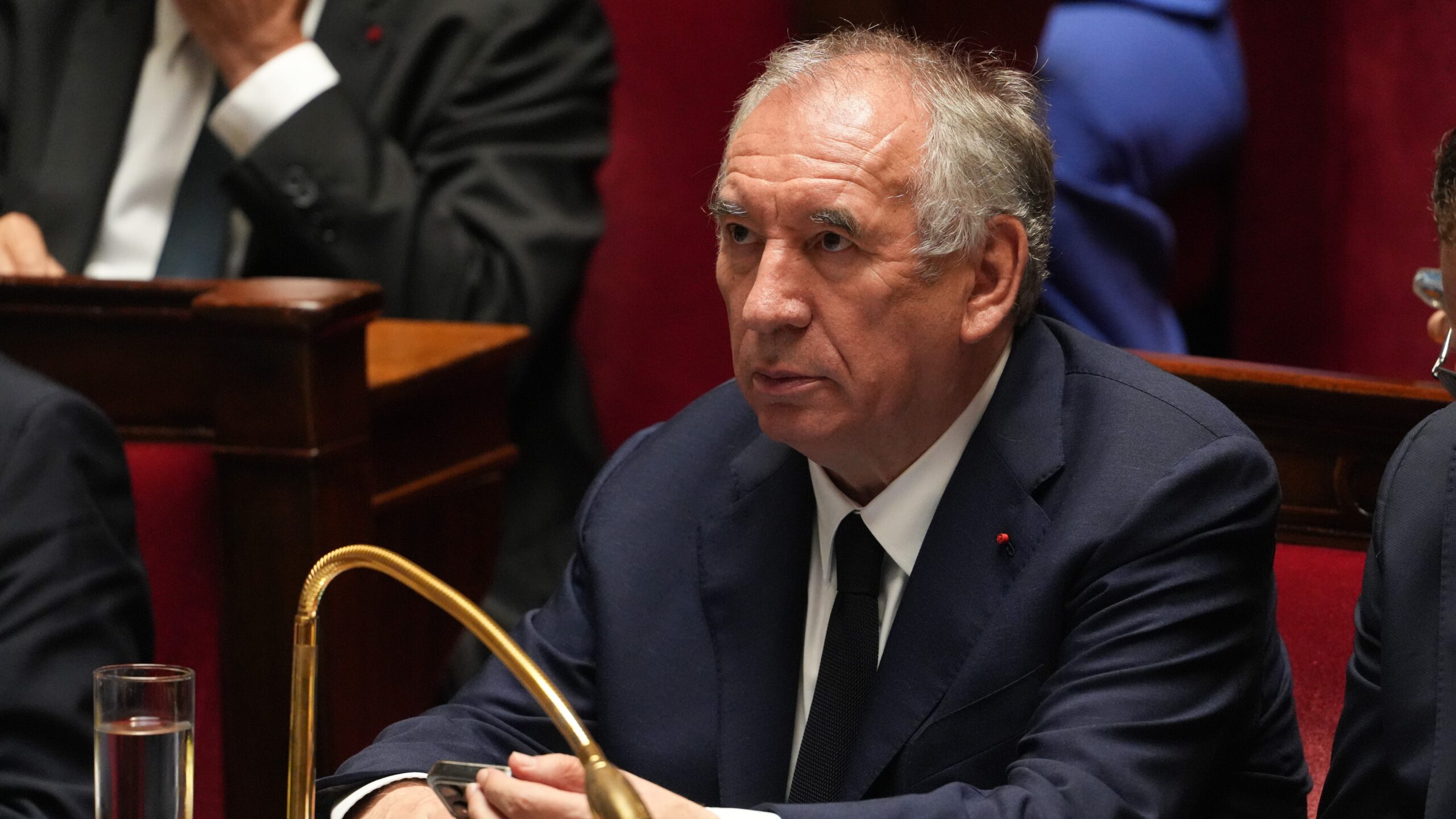Politics
French Prime Minister Ousted as National Assembly Votes No Confidence

France is facing a significant political upheaval as the National Assembly has voted to oust Prime Minister François Bayrou. In a surprising turn of events, the vote of no confidence was initiated by Bayrou himself, following mounting opposition to his proposed budget plans. The assembly voted decisively, with 364 votes in favor of his removal and 194 votes against, effectively dismantling his minority government.
This political crisis presents a critical juncture for President Emmanuel Macron, who must now decide between calling a snap election or appointing a fifth prime minister in less than two years. The implications of this decision could have lasting effects on France’s political landscape.
Challenges in Leadership
According to Catherine Field, a correspondent for the BBC, part of the issue stemmed from Bayrou’s leadership style. Field noted that Bayrou often appeared to antagonize those he interacted with, failing to engage in negotiations or seek coalitions to support his policies. This approach contributed significantly to the discontent among members of the assembly.
The circumstances leading to this vote highlight a broader dissatisfaction within the government, particularly regarding fiscal policies and budgetary constraints. Bayrou’s inability to unite varying factions within the National Assembly has raised questions about the future stability of Macron’s administration.
The Road Ahead
As France navigates this political turmoil, the potential for a snap election looms large. Such a move could reshape the current legislative landscape, giving Macron an opportunity to secure a stronger mandate. Conversely, appointing a new prime minister might offer a temporary solution but could lead to further instability, given the recent history of frequent leadership changes.
The outcome of this political crisis will undoubtedly influence not just the government’s immediate actions but also the public’s perception of leadership effectiveness in France. With the National Assembly’s vote serving as a reflection of broader societal sentiments, Macron’s next steps will be closely scrutinized both domestically and internationally.
In conclusion, the removal of François Bayrou marks a pivotal moment in French politics, raising significant questions about governance and future electoral strategies. The next few weeks will be crucial as President Macron contemplates his options in the face of a challenging political environment.
-

 World5 months ago
World5 months agoTest Your Knowledge: Take the Herald’s Afternoon Quiz Today
-

 Sports5 months ago
Sports5 months agoPM Faces Backlash from Fans During Netball Trophy Ceremony
-

 Top Stories2 weeks ago
Top Stories2 weeks agoTongan Star Eli Katoa Shares Recovery Update After Surgery
-

 Lifestyle5 months ago
Lifestyle5 months agoDunedin Designers Win Top Award at Hokonui Fashion Event
-

 Entertainment5 months ago
Entertainment5 months agoExperience the Excitement of ‘Chief of War’ in Oʻahu
-

 Sports5 months ago
Sports5 months agoLiam Lawson Launches New Era for Racing Bulls with Strong Start
-

 World5 months ago
World5 months agoCoalition Forms to Preserve Māori Wards in Hawke’s Bay
-

 Health5 months ago
Health5 months agoWalking Faster Offers Major Health Benefits for Older Adults
-

 Lifestyle5 months ago
Lifestyle5 months agoDisney Fan Reveals Dress Code Tips for Park Visitors
-

 Politics5 months ago
Politics5 months agoScots Rally with Humor and Music to Protest Trump’s Visit
-

 Top Stories5 months ago
Top Stories5 months agoUK and India Finalize Trade Deal to Boost Economic Ties
-

 Health3 months ago
Health3 months agoRadio Host Jay-Jay Feeney’s Partner Secures Visa to Stay in NZ









